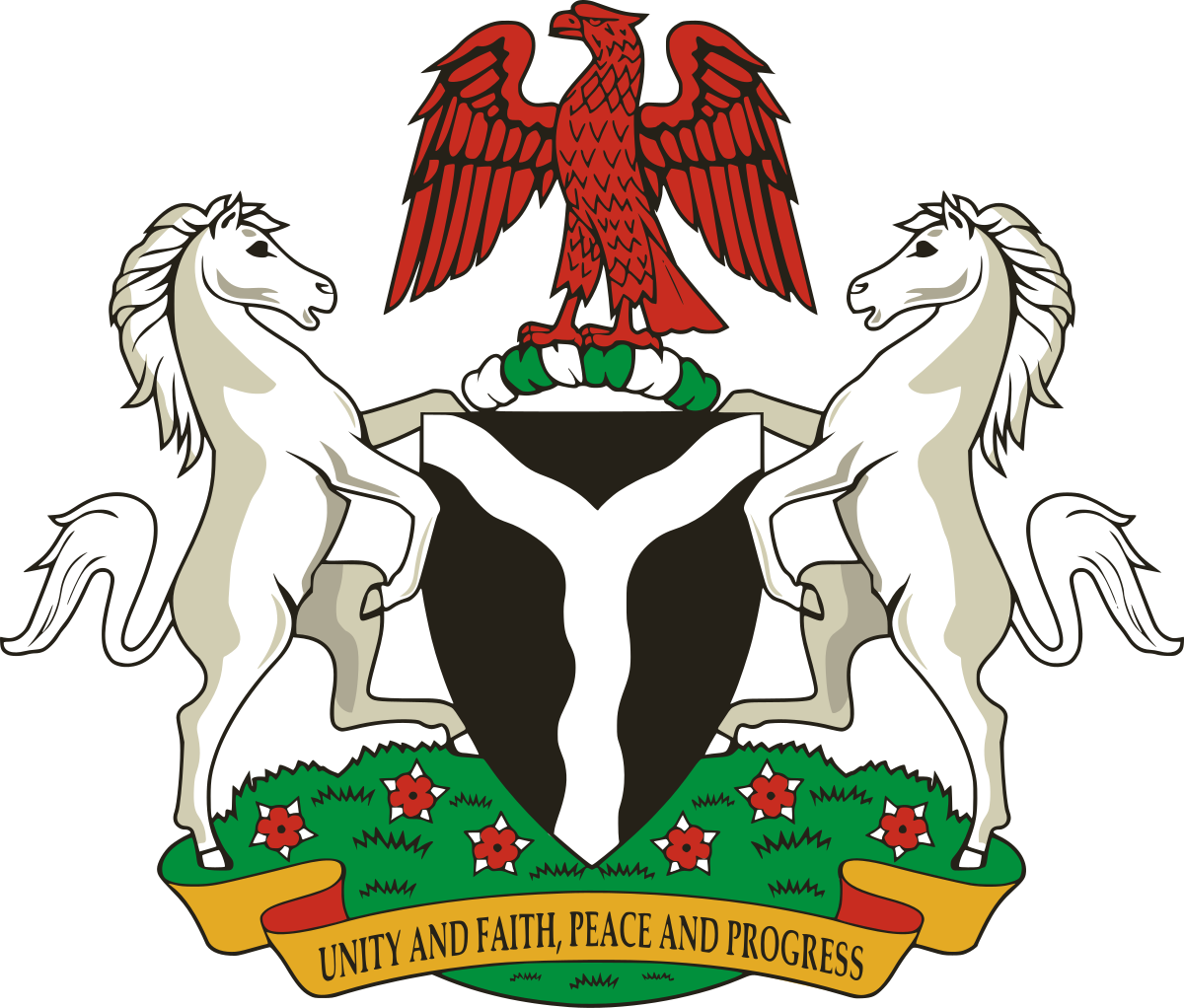INTRODUCTION
The Universal Basic Education Commission, which is an agency of the Federal Government, having a self-accounting status has a responsibility under FR1602 (iiii) and FR 1701 to fully constitute an Internal Audit which is a custodian of Internal control to provide a complete and continuous audit of accounts and records of Revenue and Expenditure, assets, allocated and unallocated stores, where applicable. FR1701 defines Internal Audit as a managerial control which functions by measuring and evaluating the effectiveness of the Internal Control system.
Generally, under FR1703 every Internal Audit, reports directly to the Chief Executive of the organization. Thus, the Department of Internal Audit of the Commission reports directly to the Executive Secretary.
DEPARTMENTAL STRUCTURE
The Department is headed by a Director who is assisted by a Deputy Director. It is made up of two units, namely:
- Prepayment and System Audit Unit
- Budget Monitoring/Forensic Audit Unit
MAJOR DEPARTMENTAL ACTIVITIES/PROGRAMMES.
The Audit Department is statutorily saddled with the responsibilities of ensuring that administrative and financial controls set by the Management is duly complied with. It also serves as a tool for measuring the adequacy or otherwise of internal controls within the system.
The following were the achievements of the Department of Audit during the year:
- Achieved effective internal controls within the Commissions‟ general operations which included the application of the internal controls mechanism and other necessary audit controls in the financial and administrative activities of the Commission.
- Ensured that the controls set by Management reduced the chances and opportunities for staff and stakeholders to be involved in corrupt practices.
- Ensured compliance to approved annual budgets during implementation. The Department of Audit plays a key role by ensuring that the annual approved budgets were adhered to. This is done through daily update on the approved annual budgetary provisions compared with the actual expenditure during budget implementation.
- Follow-up of the implementation of the recommendations observed during Financial Monitoring of Intervention funds accounts at SUBEBs. Financial Monitoring is a quarterly Financial and Auditing of all SUBEBs’ Intervention Fund accounts in which the observations and recommendations in the reports are noted for implementation by SUBEBs.
- Completion of developed Audit procedural guide. There was previously no manual to be used as a guide but this was achieved in the year, 2020 during which an Audit Manual was produced by the Commission for use by the Commission and SUBEBs.
- Compliance Audit of TPD and Special Education Funds: This is a complete audit report on TPD and Special Education Fund disbursed to SUBEBs towards ensuring compliance to utilization guidelines during implementation.
- Post-Audit Review of 2019 UBEC accounts and operations. This is a review of all accounts domiciled in the Commission for UBE Intervention funds, Constituency projects and International donor accounts.
- Monitoring of 2019 Instructional materials Supplied to SUBEBs through eplatform. This is a unique platform established by the Department in conjunction with the Department of Administration and Supplies called eplatform reporting via whatsapp group for timely reporting and engaging Zonal and States Officers in the verification exercise. The task has reduced the cost of several physical verification during payments to the Commission and thus reduces delays in contractors‟ payments. The Platform is still running effectively and efficiently .The reports serves as the basis for issuing Internal Audit Certification and Store Receipt Voucher.
- Ensured that all Intervention funds disbursements guidelines were adhered to and that conditions for disbursements of Intervention Fund to SUBEBs are duly observed.
- Verified annual stock at hand in the Commissions‟ Store as at 31st December, 2020 being a statutory member of Annual Stock Taking Committee.
CONSTRAINTS
The Department faced the following constraints in carrying out its functions:
- Inadequate awareness of the key roles of the Department of Internal Audit in the Commission as a management control tool by other Departments/Units.
- Important and statutory audit programmes that will bring positive changes in the Commission are often seen as a threat by other Departments.
- Inadequate funding to extend audit activities to other key areas of Basic Education Programme implementation such as Audit monitoring of disbursements to other Federal Government Agencies, SBMC, Private providers, Almajiri/Tsangaya and Vocational/Model schools after completion.
- Inadequate office accommodation in the Department.
- Inadequate office equipment (Computers and Accessories).
ON-GOING ACTIVITIES
In the course of the year, the following activities were on-going:
- Routine market survey on efficient and effective cost for office supplies, office maintenance, motor vehicle maintenance and office equipment.
- 100% Pre-audit of payment vouchers for Intervention funds, International Donors, Constituency Fund and Federal Teachers‟ Scheme Fund.
FUTURE ACTIVITIES/PROGRAMMES
The following activities are being proposed in the Department in future:
- Training of UBEC/SUBEBs Auditors and Accountants on the developed Audit Procedural Guide.
- Review of 2020 Annual Audit Report of UBEC accounts and operations.
- Conduct of Special Audit of the 2019 Constituency projects.
- Follow-up on the observations and recommendations of financial monitoring reports conducted in the year 2021.
- Follow-up on the observations and recommendations in the Management Reports of 2018 UBEC and 2017 SUBEBs accounts.
- Compliance Audit of 2017 and 2018 Teacher Professional Development Fund.
- Compliance Audit of BESDA Fund in the BESDA States.
CONCLUSION
The Audit Department achieved much during the year 2020 despite the disruption of some of its activities due to the COVID-19 lockdown. The Department is ever ready to address issues of ensuring adequate controls to forestall administrative risks, assets loss and even loss of funds.






